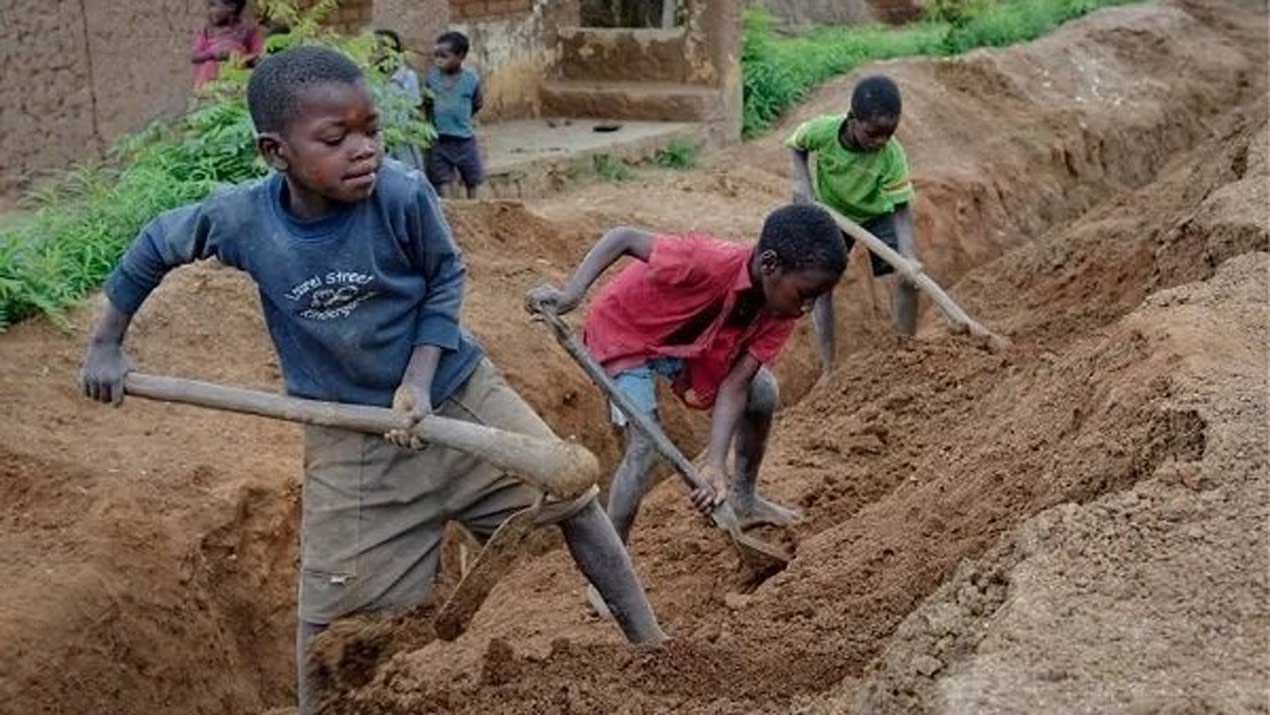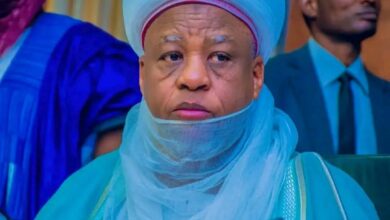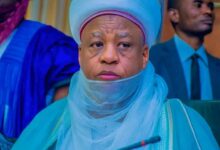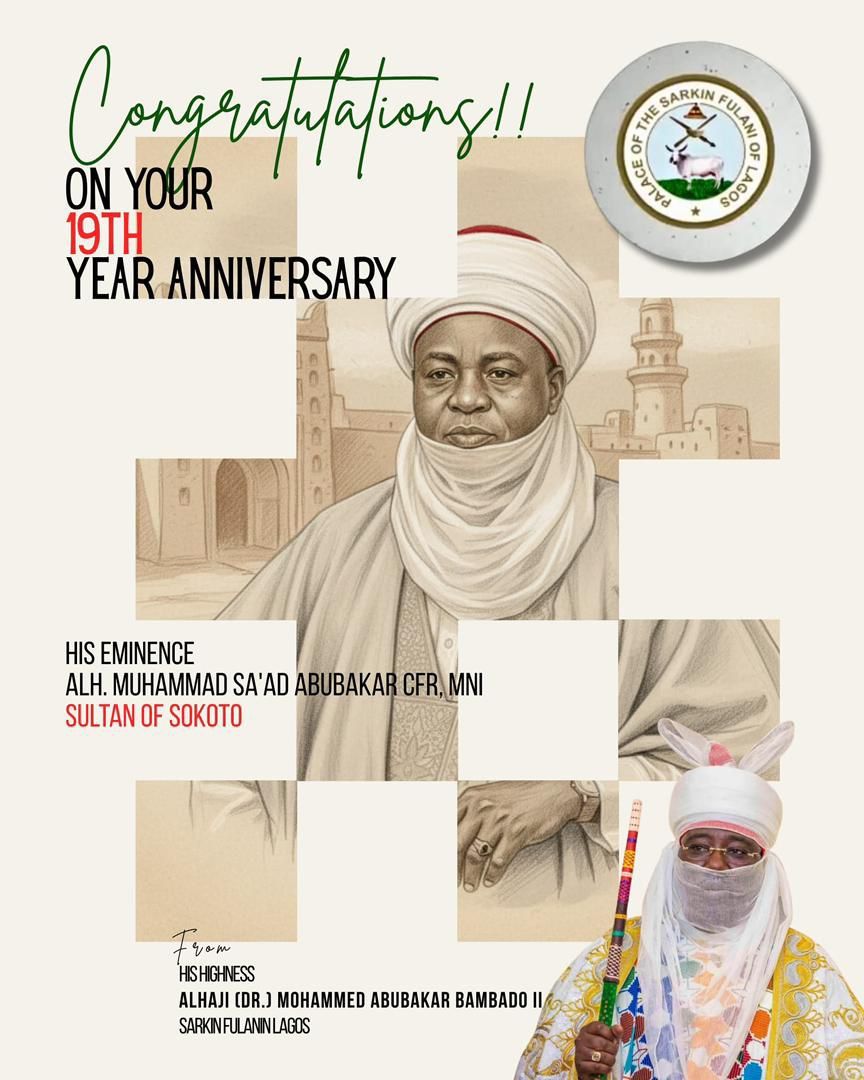He, however, noted that Nigeria had made considerable efforts in dealing with the menace, most notably, the adoption and ratification of ILO Conventions 138 and 182 on minimum age and worst forms of child labour respectively.
Ngige cited the passage of the Child Rights Act into law to domesticate the convention on the rights of the child, with adoption by about 30 state governments, the implementation and enforcement of the National Action Plan on Child Labour, Prohibition and Elimination of Forced Labour, Modern Day Slavery and Human Trafficking in workplaces, spearheaded by the Federal Ministry of Labour.
“Also the National Steering Committee, as well as State Steering Committees, and Desk Officers on Child Labour, were established at all levels of government and institutional levels to translate the provisions of the 5-year Plan. In spite of all these, we require more collaborations and partnerships to confront the task ahead of us.”
Minister Ngige described this year’s theme, tagged “Universal Social Protection to End Child Labour” as essentially a call for more investment in social protection systems in order to create a strong protection base that would help keep children away from the scourge.
According to him, the outbreak of COVID-19 and its attendant chain reaction caused devastating effects on the long-term development and safety of children worldwide.
The Minister noted that the pandemic plunged families into poverty and vulnerable conditions, which made them employ various means of survival, including forcing children into the street to earn income and thereby, exposing them to higher vulnerability than adults.
He said countries all over the world had to expand their social protection systems to adequately respond to the COVID-19 crisis, which could reduce the number of children in child labour.
He said the Buhari government has done so much in addressing insecurity and other challenges fuelling child labour in the country, through the social investment programmes, such as conditional cash transfer, N-power, trader-monie, among others.
In her remarks, First Lady, Aisha Buhari, advocated for a systemic approach and effective policies to strengthen social protection systems, education, and decent work opportunities for parents and caregivers to address the conditions that drive child labour.
According to Mrs Buhari, while the event stands primarily to celebrate these children, it also provides the avenue to call for increased investment in social protection systems and schemes to establish solid social protection floors and protect children from child labour.
In a goodwill message, ILO Country Director for Nigeria, Ghana, Sierra Leone and Liberia, Venessa Phala said they were working together with social partners and the Federal Ministry of Labour and Employment to eradicate child labour in the country. VANGUARD
















